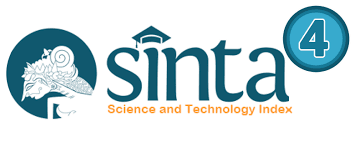EKSISTENSIALISME SEBAGAI DASAR ANALISIS DALAM MEMAHAMI GURU DAN SISWA PADA PENDIDIKAN DASAR
DOI:
https://doi.org/10.34125/jmp.v9i1.331Keywords:
Eksistensi, Upaya Guru, Siswa, Pendidikan DasarAbstract
Existentialism is a philosophy and its methodological roots come from the phenomological method developed by Hussel. Existentialism is closely related to education. This is because the center of existentialism's discussion is human existence, while education is only carried out by humans. The aim of education is to encourage every individual to be able to develop all his potential for self-fulfillment. The implication of the philosophy of existentialism in education is to provide broad and comprehensive experience in all forms of life. The goal of existential education is human freedom. Existentialist teachers must be able to foster a spirit of self-discipline and responsibility in their students. The role of teachers in the existentialist perspective is that teachers are tasked with protecting and maintaining academic freedom. Teachers give students the freedom to choose and provide them with experiences that will help them discover their lives and teachers also act as facilitators for students in developing their own potential. This article uses a qualitative approach by applying the literature study method. Elementary school students only experience the pre-existential period but continue to be formed with character education in the form of guidance services.
Downloads
Published
How to Cite
Issue
Section
License
Copyright (c) 2024 Jurnal Manajemen Pendidikan

This work is licensed under a Creative Commons Attribution-ShareAlike 4.0 International License.














